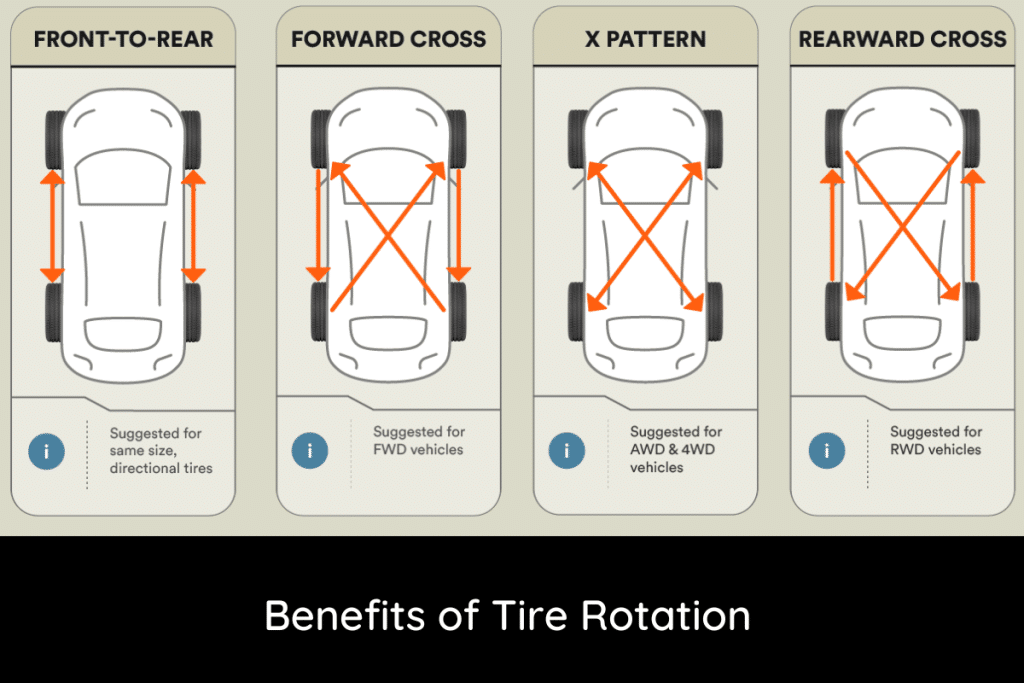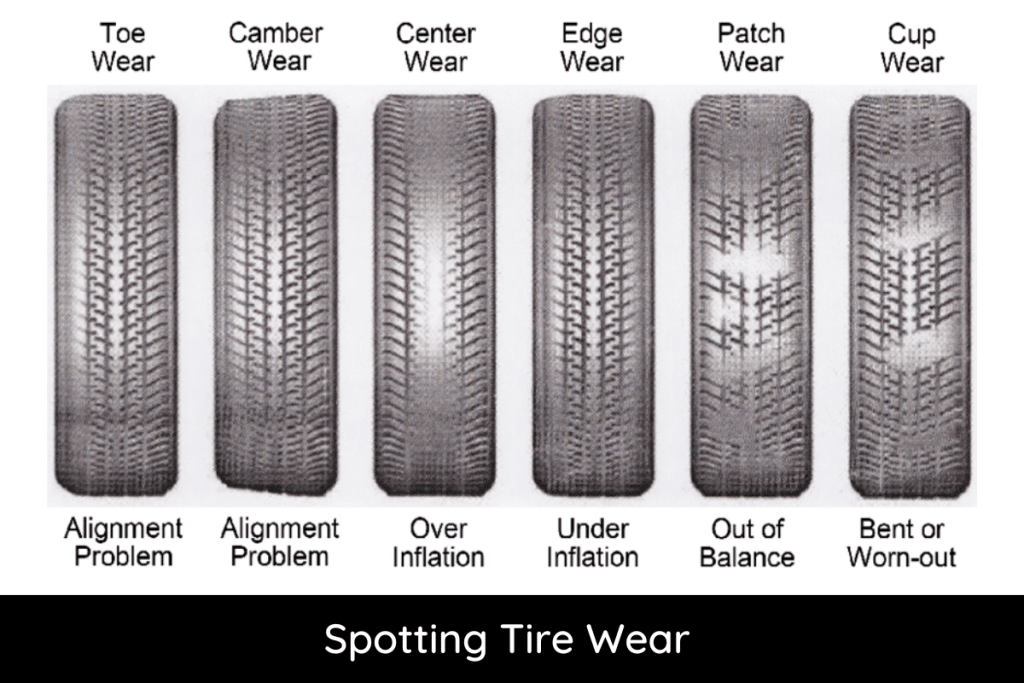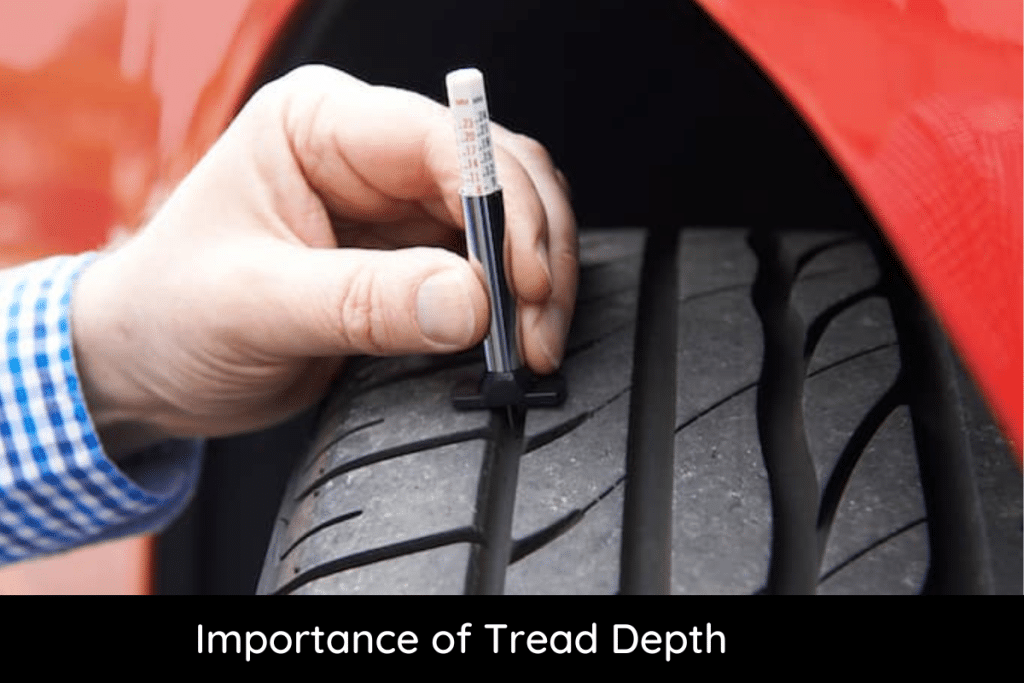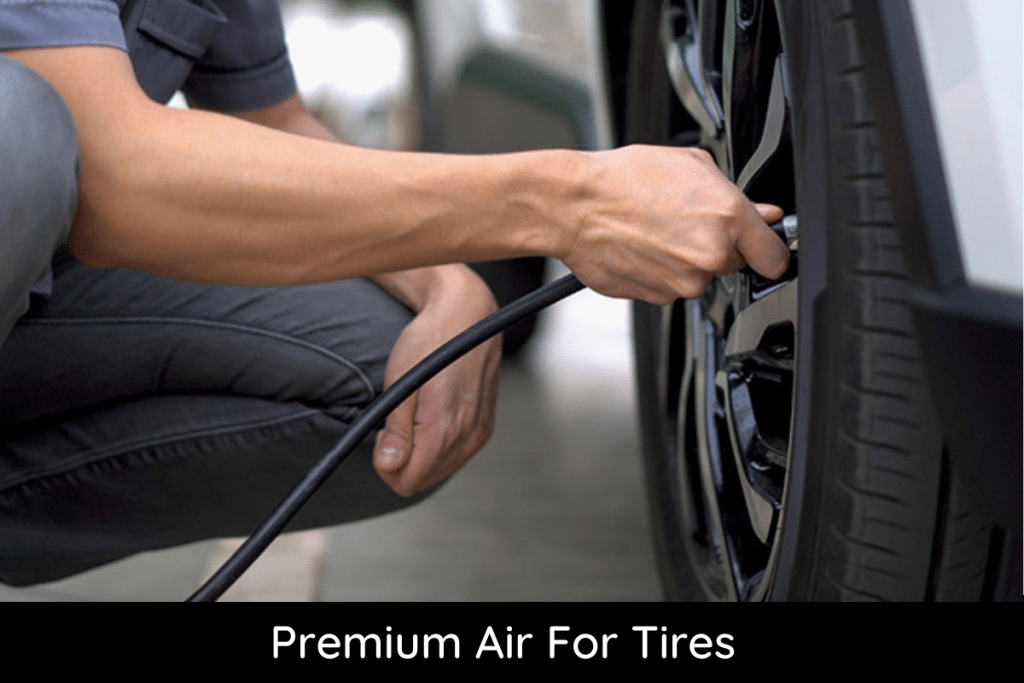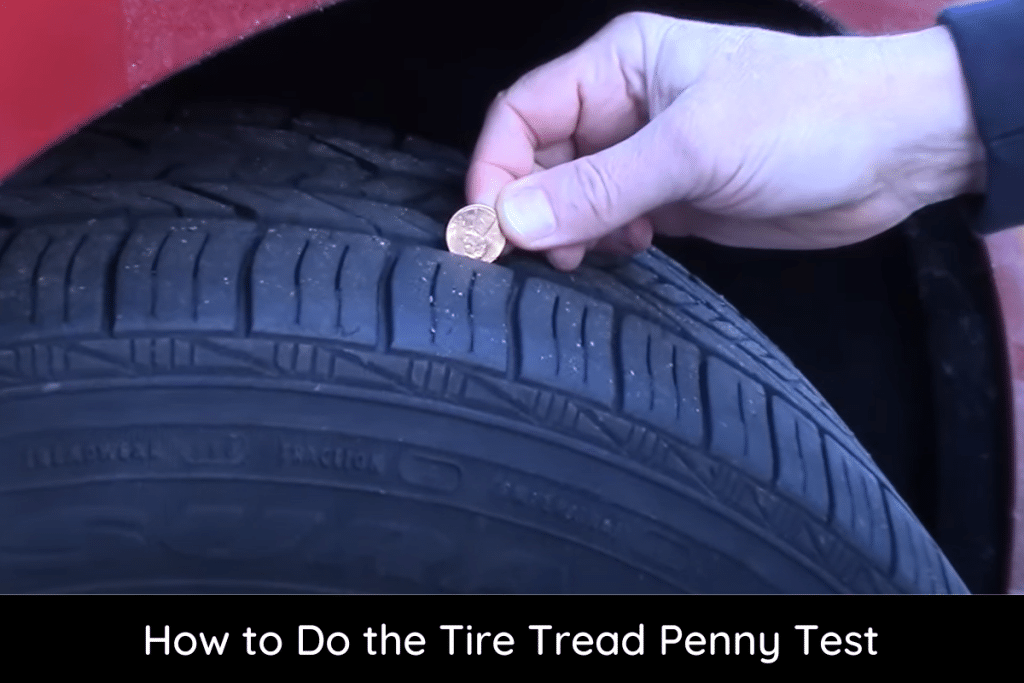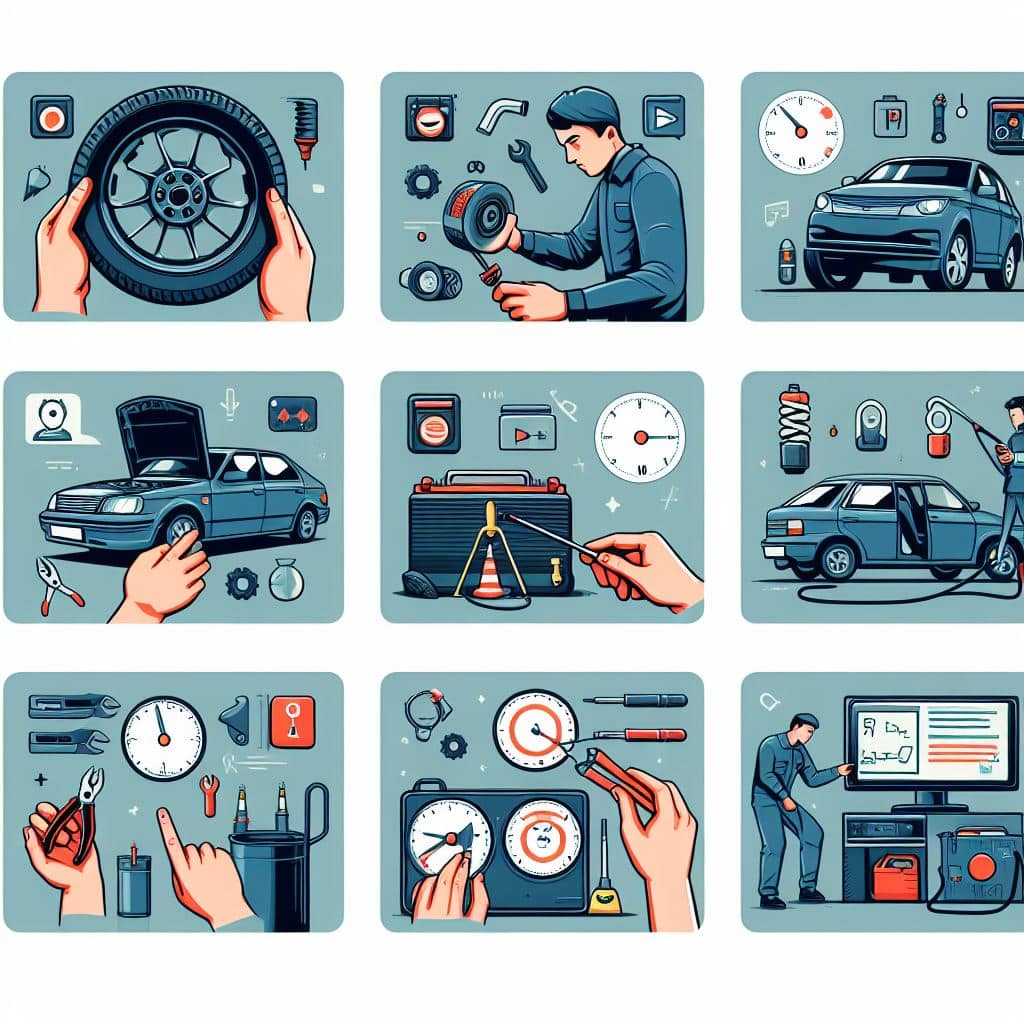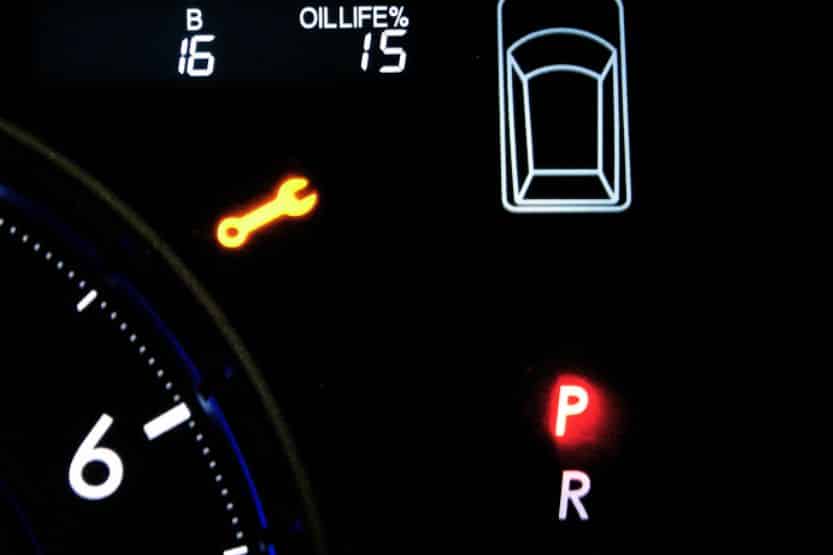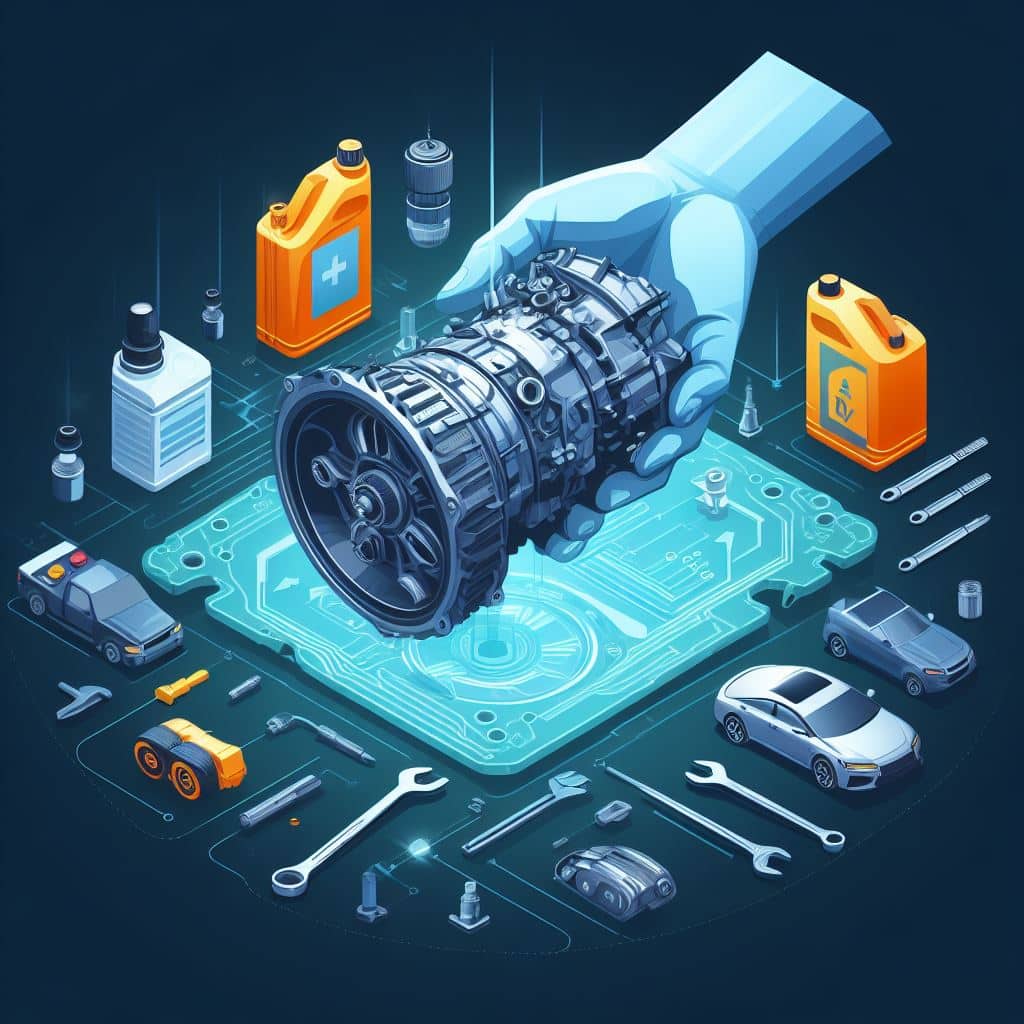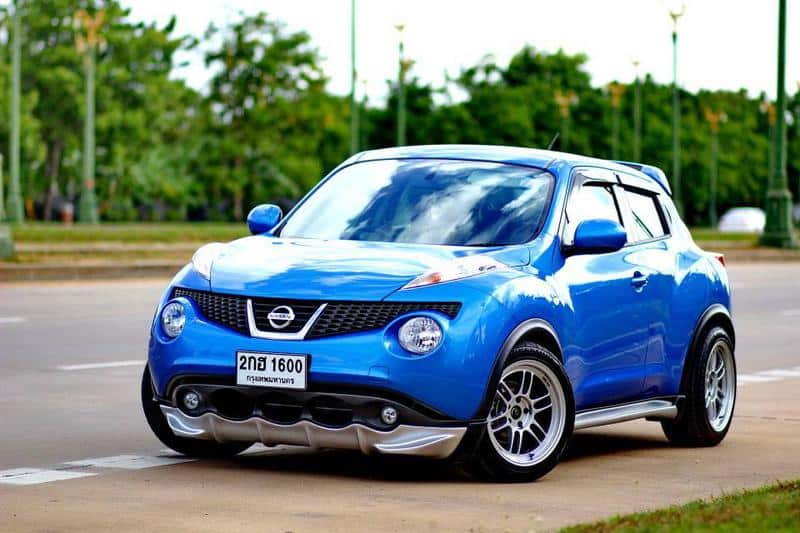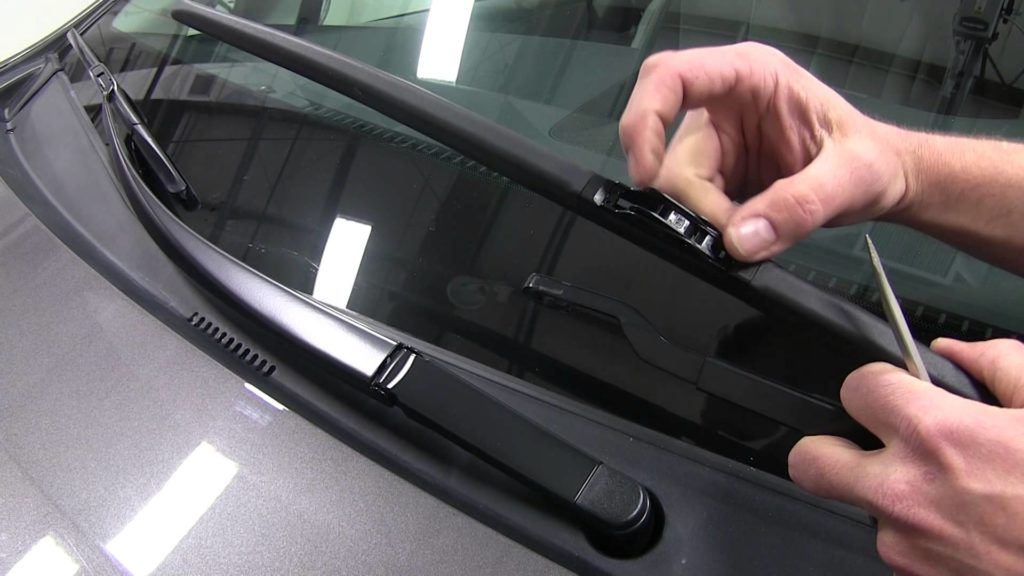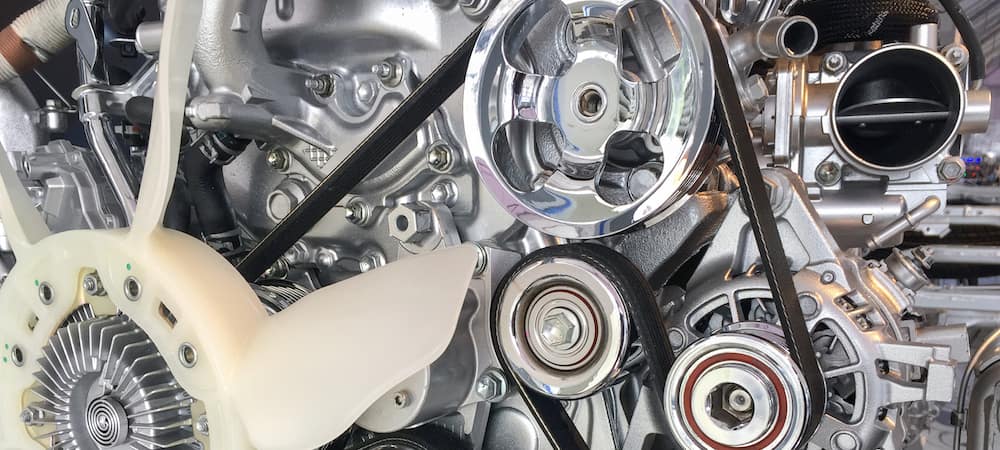There are a lot of myths and misconceptions about cars. One of the most common is that it’s terrible to rev your engine in park. Is this true? Or is it just another car myth? Here I will answer this question once and for all.
Quick answer: High engine revs always lead to its wear, but the higher the revolutions, the greater the negative effect. Particular attention should be paid to the conditions under which the engine operates. Too high revolutions on a cold, unwarmed engine can lead to its rapid breakdown.
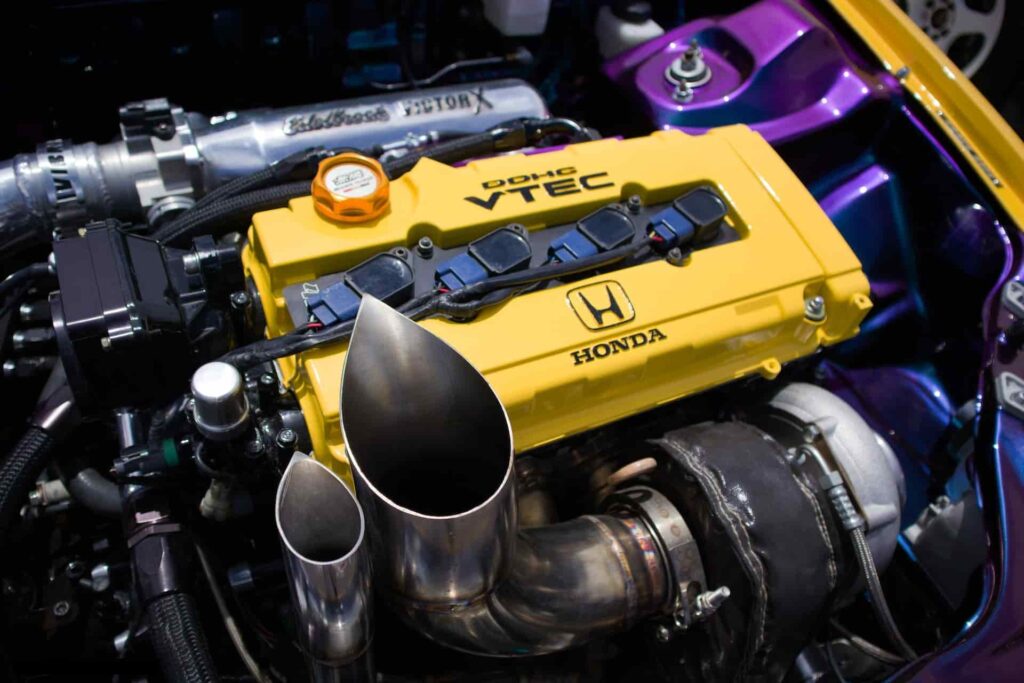
Before rev limiters were invented, if you overreacted your engine past the redline, the worst-case scenario was that you could “throw a rod.” This means that the crankshaft forced the push rods and pistons to move too fast for the oil to provide adequate lubrication, and this would cause sheer structural stress on internal components and cause the engine to seize up.
The lift rod is pushed through the engine block’s exterior wall as a consequence of all this internal combustion turmoil. Otherwise known as catastrophic engine failure.
In general, it all depends on what you mean by “revving.” If you’re referring to revving the throttle to make a “vroom” noise, in the big picture of things, that isn’t going to cause much engine wear. However, it is. The engine’s number of revolutions during its life is one of the most essential variables to consider.
If you’re bouncing off the rev limiter, it isn’t good for your engine. The ECU cuts fuel when it happens, which means the engine spends some time spinning quickly with no oil. That’s not good. The other reason is that it can cause spark knock, which is when the air/fuel mixture detonates prematurely in the cylinders.
Spark knock is terrible because it puts extra stress on engine components and can lead to engine damage. So, if you’re constantly revving your engine to the point where it’s knocking, you’re damaging your engine. In general, it’s best to avoid revving your engine too high for too long.
There are a few exceptions to this rule. If you’re trying to warm up a cold car on a winter morning, for example, it’s beneficial to rev the engine a bit higher than normal to get the oil circulating faster. Just don’t go overboard.
Is It Bad To Accelerate While In Park?
Pressing the gas pedal while a car is in park makes the engine mimic what it would do if you were driving. The RPMs will rise as you press down, and you’ll hear the engine noise grow louder, just like when driving on the highway. The RPMs will keep increasing until you let off the gas and give your engine a break.
The fact is that it’s usually not a good idea to rev your engine unless you really have to. When you do, you may harm some critical components in and around your engine.
Is It Bad To Rev Your Engine While In Neutral?
Automatic transmissions typically do not allow revs to exceed such a damaging level because the tranny gears constantly mesh with the crankshaft, which stops rpm from going too high.
Is revving your engine in park bad? The answer is that it all depends on what you mean by “revving”. If you’re just trying to make noise, it will not cause much harm. However, if you’re constantly revving your engine to the point where it’s knocking, you’re doing damage to your engine. In general, it’s best to avoid revving your engine too high for too long.
What Can Happen to Your Engine If You Rev It Unnecessarily?
If you rev your engine unnecessarily, you may harm some of the critical components in and around your engine. Further I will describe the potential damages.
Damage to the engine
If you rev your engine too high, you can damage the piston rings, bearings, and valves. You can also cause spark knock, which is when the air/fuel mixture detonates prematurely in the cylinders. Spark knock is bad because it puts extra stress on engine components and can lead to engine damage.
Damage to the transmission
If you rev your engine too high in an automatic transmission, you can cause damage to the torque converter and gears. This is because the tranny gears meshed with the crankshaft, which stops rpm from going too high.
Excessive fuel consumption
If you rev your engine unnecessarily, you will be wasting fuel. In addition, if you do this often, it will cause your car to have a shorter lifespan because all the parts will wear out faster.
Increased emissions
Revving your engine unnecessarily also increases emissions. So not only are you harming the environment, but you’re also harming your wallet by wasting gas.
Connecting rod damage
The connecting rods can bend or break if you rev your engine too high. This is because they are under a lot of stress when the engine is revving at high speed. The connecting rod links the crankshaft of the engine to the pistons. The connecting rod is subjected to a lot of stress in a high-revving engine, which has been known to fracture it.
If the connecting rod fails, it has the potential to set off a chain reaction of additional engine damage. The engine would be useless until the damaged components are fixed in the event of a broken connecting rod. In many situations, only an engine replacement will be able to get your car back on the road.
Does Revving a Cold Engine Damage It?
Yes, it is bad for a cold engine to rev high because the oil has not had a chance to circulate and lubricate all the moving parts. When you rev a cold engine, the Pistons, bearings, and other moving parts are not properly lubricated, which can cause damage.
It’s best to let your car warm up for a few minutes before driving so that the oil has a chance to circulate and lubricate all the engine components. This will help extend the life of your engine and prevent unnecessary wear and tear.
Are There Any Benefits to Revving The Engine?
Yes, it helps charge your battery if it’s low. When you rev your engine, the alternator spins faster and produces more electricity, which is used to charge the battery.
If the connecting rod fails, it has the potential to set off a chain reaction of additional engine damage. The engine would be useless until the damaged components are fixed in the event of a broken connecting rod. In many situations, only an engine replacement will be able to get your car back on the road.


